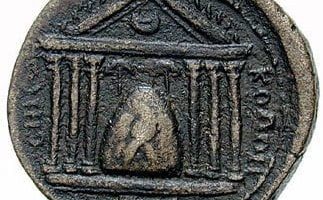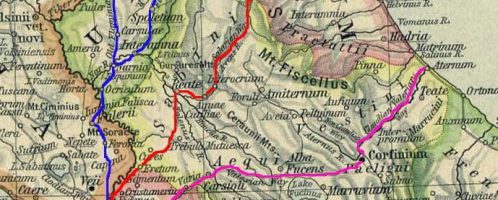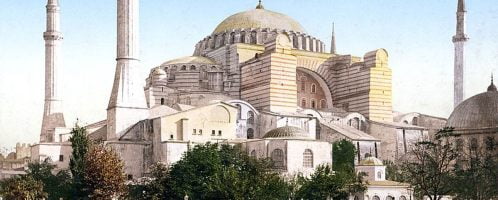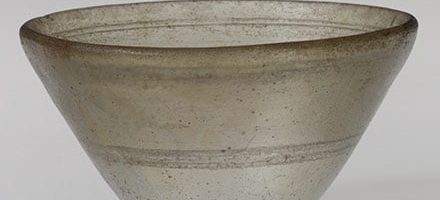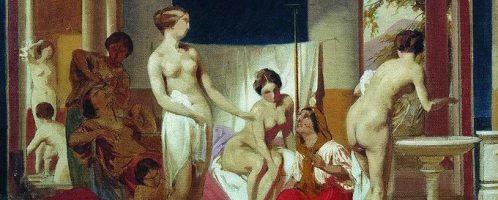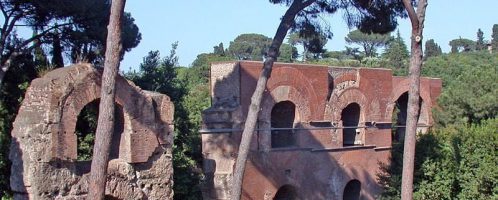Cabbage goo – drug of Cato
Cato the Elder, author of the work De agri cultura, recommended the use of cabbage to compress wounds, swelling, burns and even bone dislocations. In turn, for arthritis, he recommended chopped, raw cabbage mixed with coriander and cured cabbage mixed with vinegar and honey.


